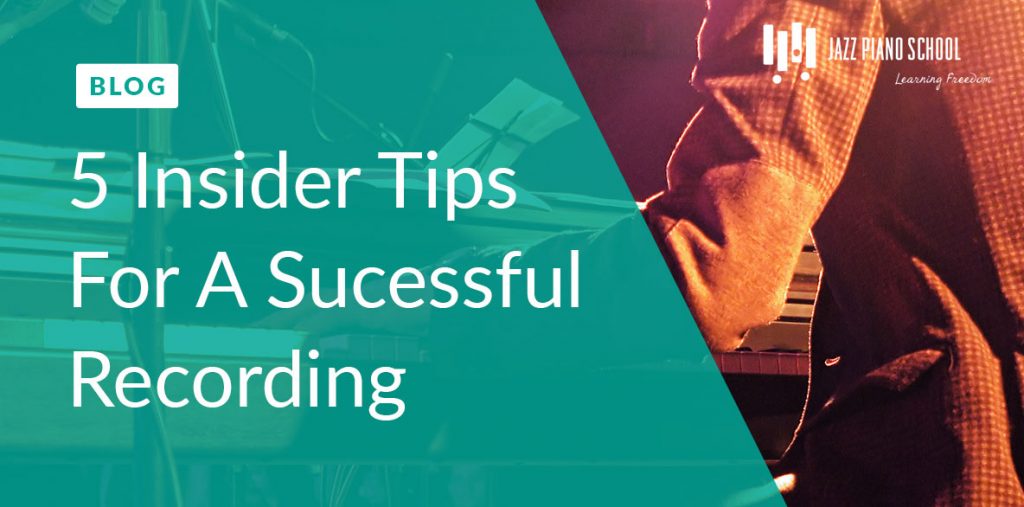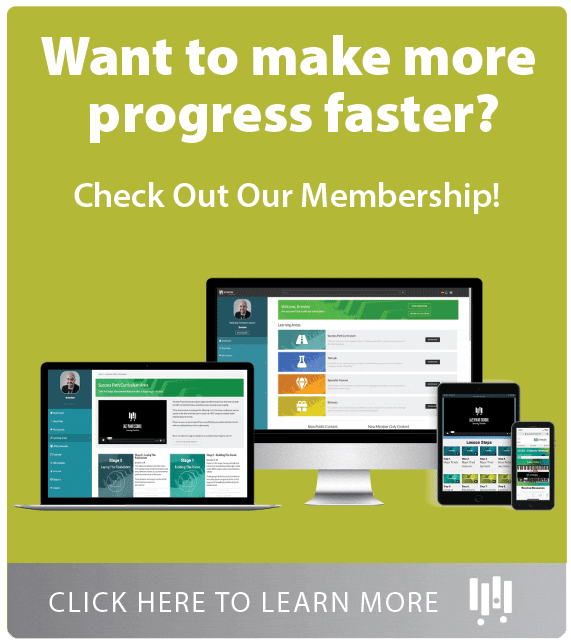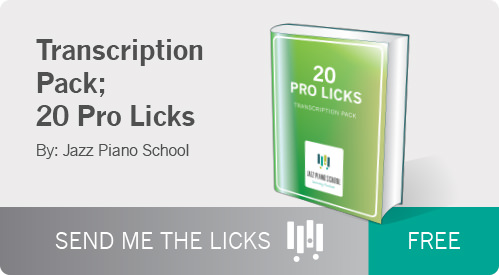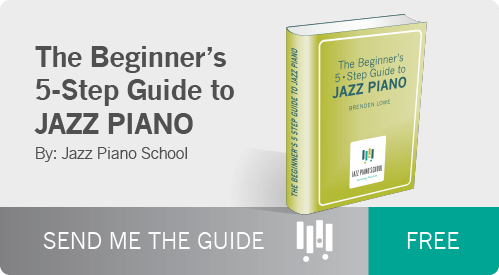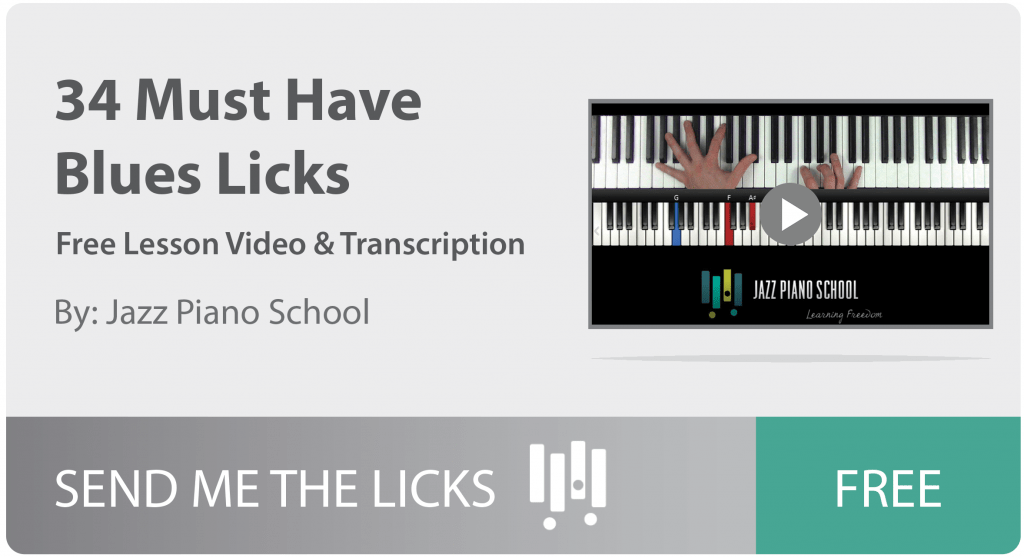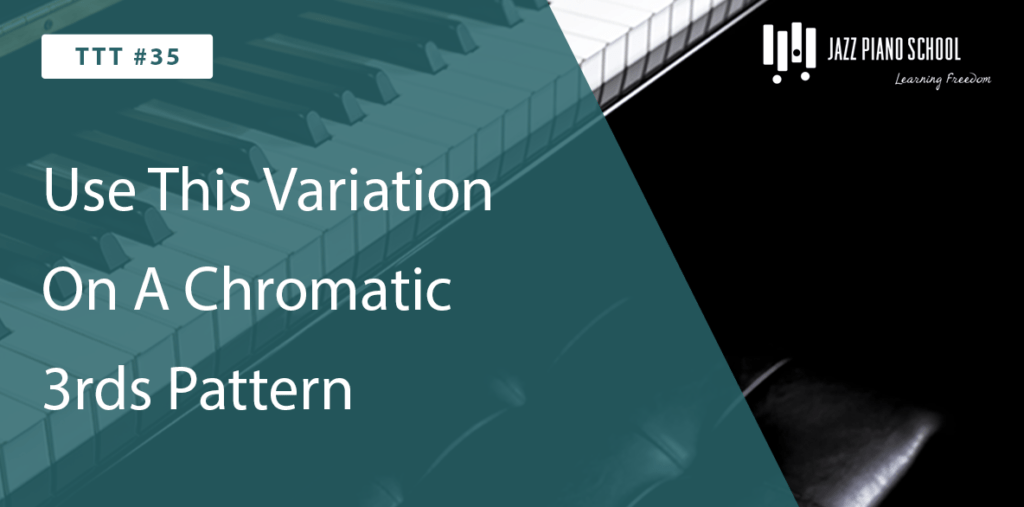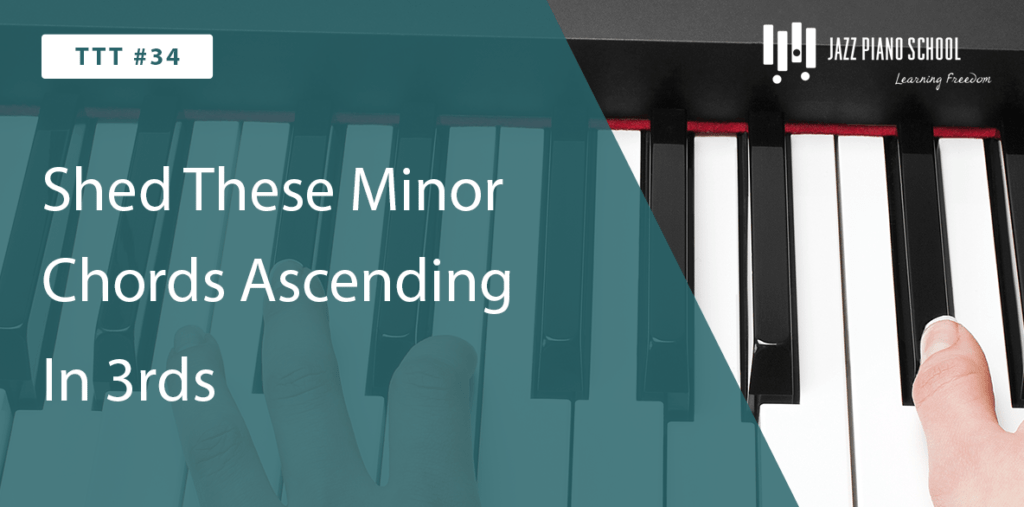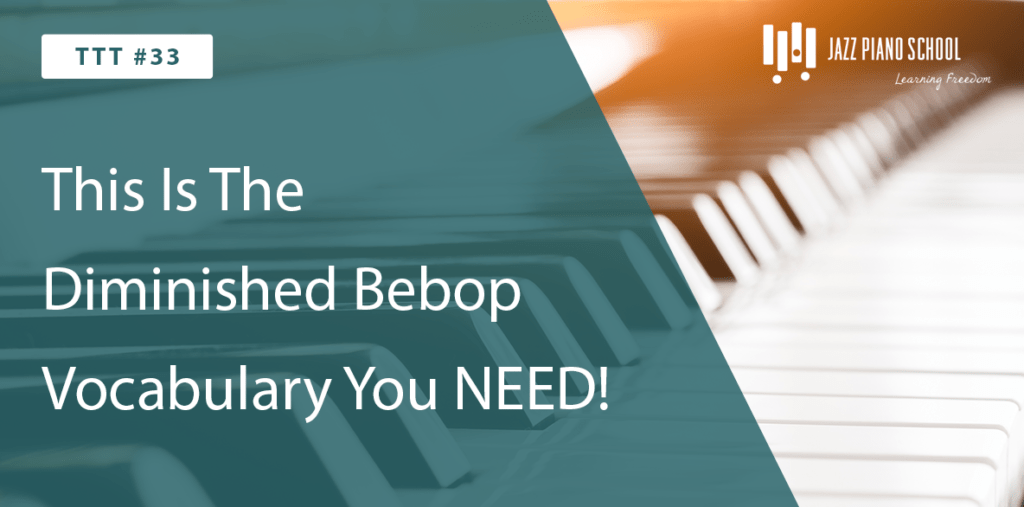Whether you’re making an audition recording or laying down some tracks for an album, recording can be quite an involved process.
Being in the studio often comes with its own set of stressors when compared to a live performance.
Here are some insider tips to help make the process go as smoothly as possible!

1) Prepare your music thoroughly
● Have your arrangements and compositions set beforehand so you aren’t composing on the spot. This way you can get right to recording the takes!
(Any prior rehearsal is going to be a huge advantage!)
→ This includes intros, endings, transitions, road map (song forms) and solos.

2) Work with an engineer you trust
An engineer can make or break a recording session.
- Make sure they have a software they are
experienced with using, and have the appropriate equipment to record you in the studio or other location. - Professional engineers set up and tear down before and after to leave an ample window for recording.
- The best engineers take very little time in between takes, and are ready to record at the push of a button. This is key when it comes to keeping the momentum going and flowing in the recording process.
→ If you are recording yourself, all of these principles should hold true to give you the best recording experience possible!
3) Pace yourself!
● Ideally, you would do a take or two then go back and listen for balance, group cohesiveness, and overall satisfaction with the sound of the track.
HOWEVER, this is not always the case and recording is often a race against the clock.
- There is something to be said for “powering through” and recording without breaks.
Pros: This approach keeps the momentum going and prevents any drop in energy or focus.
- Cons: That focus and energy is finite, and if you have more than 2 hours of recording to do you may burn out quickly.
- Pacing yourself means working with focus and efficiency in short bursts (one or two tracks) and taking breaks to unwind.
→ You can refuel with water and snacks (Don’t forget the water and snacks!), and listen to some of the takes if you like!
4) It doesn’t have to be perfect!
● We live for moments when something unexpected surfaces, some type of interaction arises which becomes a highlight on a track. This is the beauty of improvised music.
○ In my experience, this happens when everyone is relaxed and on the same page. You can’t force these moments, and no amount of takes is going to guarantee the desired result.
● In order to maximize recording time, it is good practice to get through a few takes and move on to the next track once you make a couple of successful passes.
○ If you spend time chasing “the one,” you could jeopardize the remainder of tracks which require your additional focus and energy.
● It is best to move on, and come back to the first track later on if time allows.
○ This way, you can get through all of your material and still have a chance later on to get that one take you are looking for.
5) Have fun!
It may be a cliche, but still important to remember to enjoy what you are doing. 🙂
The recording studio is about as far as you can get from a live performance scenario, and it is easy for tensions to become high.
It is tempting to micromanage every note you play and be afraid of making mistakes that will show up on the recording.
In order to capture the essence of the music you are recording, try to enjoy the act of music making with the people involved and allow your true music to shine through!

Don’t worry, keep the mood light! The more relaxed you get, the more the music will flow.


